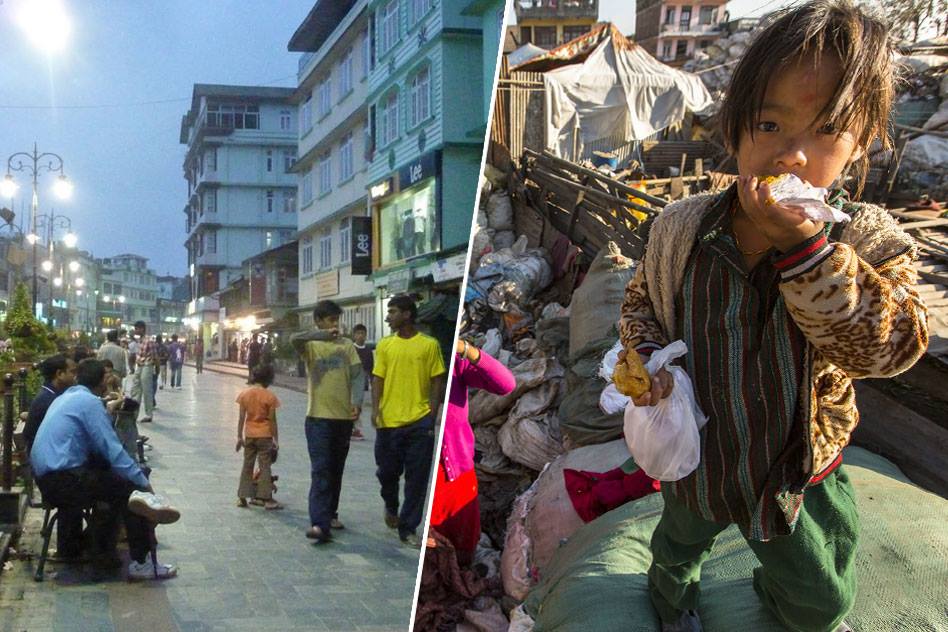
How Sikkim Became The Cleanest State, And Is Working Towards Becoming Poverty-Free In 4 Years
27 Sep 2016 11:11 AM GMT
Sikkim The Cleanest State
Sikkim which has been ranked the cleanest state in a nationwide cleanliness survey of rural India started its cleaning campaign 13 years ago and is now working towards becoming poverty-free in four years.
Everyone in Sikkim has a sense of pride that their state is India’s first and only open defecation free state, a record achieved earlier this month. Ganga Subba, a resident of Basilakha said,“Cleanliness is not because of our toilets alone but also that no one here uses plastics, no one smokes in public places, no one urinates in the open, and no one litters. There is a penalty for every violation.” as reported by Economic Times.
The model of clean Sikkim has been derived over the years to ensure citizens abide by the rules and violating any of it will fetch severe penalties. For instance, urinating in public places, would cost a visitor or a resident Rs 500 or fine for smoking in a public place is Rs 200.
“Seeing Swacch Bharat campaign in such a big way across the country, I feel justified that yes I did something right way back in 2003,” says CM Pawan Chamling. The campaign that started 13 years ago received acknowledgement of its success in 2008 when the government of India bestowed the state with the Nirmal Rajya Award, a national honour for cleanliness.
There is a conscious effort to install public filters for drinking water, build more public toilets and introduce a better drainage system in the main cities like Gangtok and Namchi. Plastics that has been banned for over a decade now, is rarely spotted; though PET (polyethylene terephthalate) water bottles are still sometimes thrown by tourists and to confront this issue, there could be soon a complete ban on such water bottles which will force tourist to use only RO or filter water available in designated public places, hotels and restaurants.
Although Gangtok has been declared as a leader in cleanliness in the country, it still ranks eighth in All India Clean City Campaign.
“We have to improve on improper signage for public toilets. We lost marks because of it,” says Shakti Singh Chowdary, mayor of Gangtok.
The bigger challenge which knocks the door is the implementation of 14th finance commission which has changed the previous formula of central funding. It will reduce the flow of funds from the centre that will impact the maintenance of the state’s infrastructure mainly roads but as per the CM, it will not affect Sikkim’s cleanliness drive.
The recommendations of 14th finance commission can be searched here:
Sikkim’s Lok Sabha MP Prem Das Rai says,”Because of clean living, people in Sikkim are healthy and happy, and it is one of the happiest states of India.”
 All section
All section













